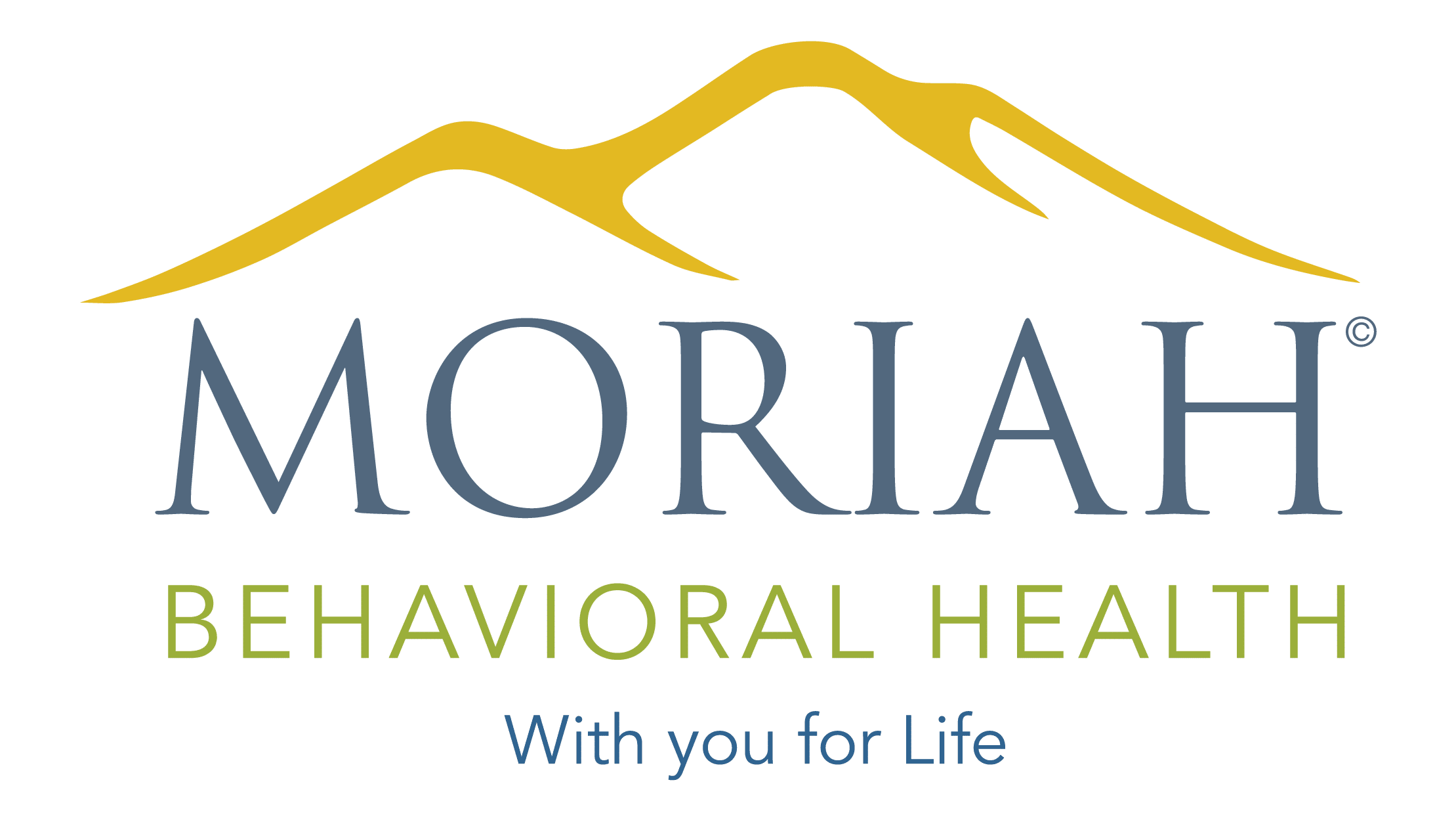Eating Disorder Treatment
Eating disorders are about much more than food. They are not a choice. There are a multitude of factors that contribute to the development of eating disorders. They do not discriminate and can affect anyone of any age, ethnicity, or gender and with a variety of body shapes, sizes, and weights. Those who are struggling with an eating disorder may not realize the seriousness and/or they may have mixed feelings about changing their behaviors.
Eating disorders are serious illnesses that are defined by unhealthy behaviors, thoughts, and attitudes surrounding food, eating, body weight, and/or body shape. These include behaviors like restricting food, or types of food, bingeing, and purging. In many cases, those struggling with eating disorders are also dealing with other, co-occurring issues. At Moriah, through our holistic view of every person with our eating disorder treatment program, we treat those underlying and co-occurring issues as well.
To learn more about the different types of eating disorders, please see below.
We understand the complex challenges faced by women and adolescent girls struggling with eating disorders. Our goal is for each client to leave our program with the tools and ability to reclaim their life. We help our clients find the strength that exists within to effect change in their lives.
We want to provide more than just eating disorder treatment. We want to provide a lifeline of eating disorder treatment options: a fully supported, safe environment, for struggling individuals to feel at home and free to reflect and work on their issues. Overall well-being is central to us and we want to help our clients realize how important they are.
We support our clients throughout the eating disorder treatment program and beyond. Once they are on their recovery journey, we want to provide the resources for today, tomorrow, and for life.
Anorexia Nervosa
Anorexia is characterized by weight loss (or a lack of appropriate weight gain), a distorted view of weight, and a fear of gaining weight. People struggling with anorexia usually restrict the amount of food they eat, specifically focusing on calories or types of food in some cases.
Binge Eating
With binge eating disorder, a person will often eat large amounts of food, larger than what would be considered normal for a period of time. Those dealing with binge eating feel like they can’t stop and afterwards, they may feel shame, guilt, or distress.
OSFED
Other Specified Feeding or Eating Disorder (OSFED) is designed to help cover those who may not meet the strict diagnostic criteria for anorexia or bulimia, but who still have a significant eating disorder. OSFED is just as serious as any other eating disorder.
Bulimia Nervosa
Those struggling with bulimia eat large amounts of food and then attempt to compensate, through purging behaviors like vomiting and laxatives, in order to prevent weight gain. There is also a feeling of a lack of control over eating as well as concerns about body shape and weight.
ARFID
Avoidant Restrictive Food Intake Disorder (ARFID) is an eating disorder that involves limiting the amount and/or type of food eaten. While like anorexia in the sense it is a limitation of intake, ARFID does not include concerns about body shape or size.

